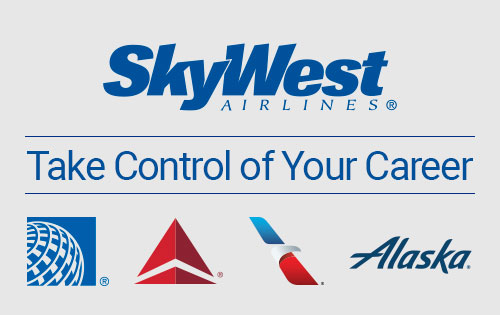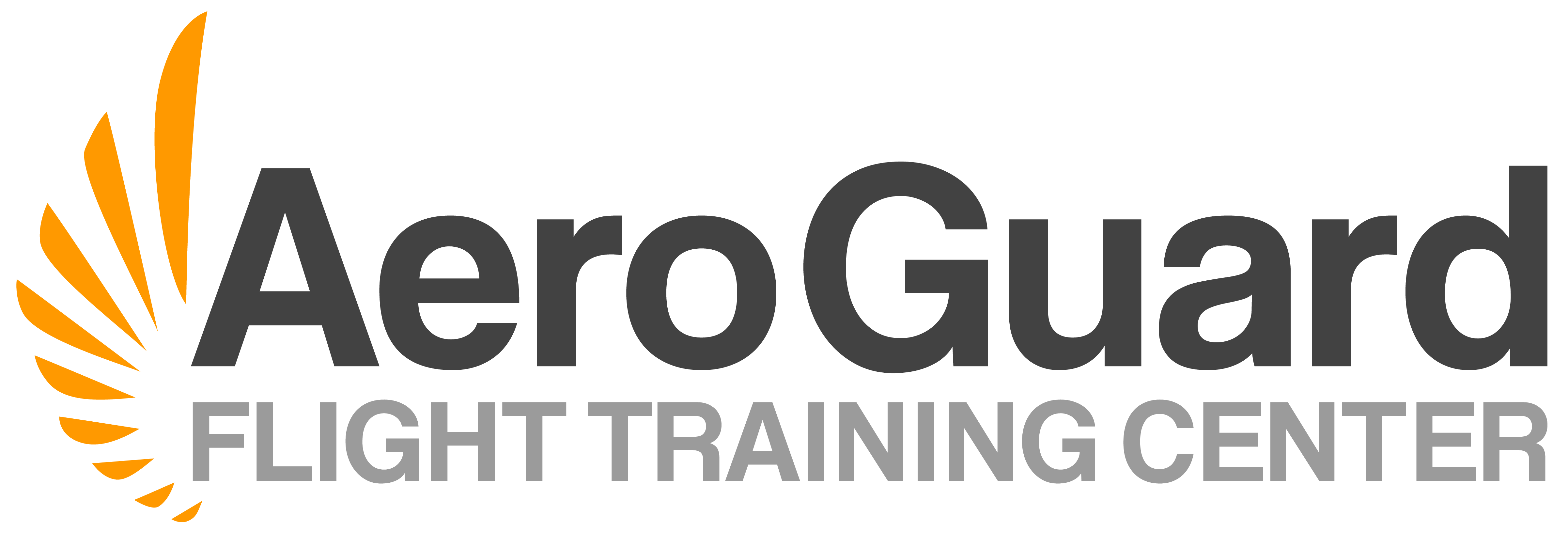Why Relocate for Flight School?
Say you were a high school senior trying to decide which colleges to apply to; you might choose to stay close to home enrolling in your local community college, or you might broaden your search in order to find the school that is the best fit for you and your career goals. You might decide to move across the country to attend the program that will give you the best chance of success in your field. Certain colleges and universities are held in higher esteem by potential employers than others, and the school you attend will have a direct impact on your career.
The same can be said for prospective pilots and the decision of where to attend flight school and complete their training.
Flight schools are not all the same, and the school you choose to attend can impact your career in a variety of ways, from quality of instruction to networking opportunities and pathways to the airlines. Additionally, many local factors will have an impact on the speed of your training, from the local climate to the local airspace, not to mention the resources of the school itself, including planes, instructors and critically aircraft maintenance.
Just as with college, flight school is a time for personal and professional development, meeting new people, and exploring new places. Exciting things can happen when you step out of your comfort zone. Before you decide to attend the nearest flight school, consider the reasons why relocating may be a better choice for your future career.
The AeroGuard Advantage
AeroGuard is a prestigious flight training center known within the industry for producing highly skilled pilots ready to make the move to becoming professional aviators. We have trained future professional airline pilots for more than 20 years, over which time our courses have been refined, and thousands of likeminded pilots have graduated to professional airlines. With three locations in the U.S., each in areas offering ideal training conditions, here are a few reasons why you may consider relocating for your flight training.
Quality Curriculum and Instruction
The quality of flight training is one of the most important factors in any education, and can vary from school to school. Unfortunately this can be hard to perceive as an intangible quality, although there are signs available. Perhaps the most notable sign is the difference between schools who train a high amount of recreational, or private pilot, students as opposed to those focusing on commercial pilot training.
At AeroGuard, we have ensured that our curriculum is of the highest caliber by partnering closely with SkyWest Airlines to develop our robust Standard Operating Procedures (SOP) for flight operations. Everything from our training fundamentals to our comprehensive checklists, to our dispatch and briefing procedures, were designed to mimic SkyWest’s own procedures. Our General Operating Manual (GOM) and Aircraft Operating Manual (AOM) have been directly reviewed by SkyWest personnel.
When it comes to flight training, safety and consistency are key. Our SOPs are reinforced every step of the way, from our student pilots to our Certified Flight Instructors (CFIs), our standards remain the same. For our pilots who graduate and move on to SkyWest Airlines, they are already intimately familiar with the SOP and ready to make a seamless transition to being a commercial airline pilot. This is one reason why SkyWest Airlines offers a $17,500 Tuition Reimbursement exclusively for AeroGuard cadets.

Making Connections
At many flight schools, most of your fellow students will be casual learners who just want to fly for fun. If your goal is to be a professional pilot, you’ll want to be surrounded by students who share your level of commitment and career goals. Pilot training can be intense, and training with peers who learn from one another and support each other can only improve your experience.
Networking is an important aspect of anyone’s career development, and attending flight school with hundreds of other future pilots gives you hundreds of opportunities to form career-changing connections.
Additionally, AeroGuard offers mentor workshops, guest speakers, seminars, and opportunities to network with SkyWest professionals, all extra training to help our students build soft skills that can benefit their careers and set them apart from their peers.
Aircraft Fleet & Maintenance
AeroGuard students train in an expertly maintained fleet of 70+ standardized Piper Archers and Piper Seminoles. With that many aircraft available, our student pilots spend less time waiting for repairs, and that means more time in the sky. In addition, our maintenance team have won the FAA Diamond Award of Excellence in multiple years, as AeroGuard focuses on flight safety above all else.

Location Matters
When it comes to flight training, location matters. Most notably, the weather conditions where you live may not be ideal for your flight training if flights have to be regularly cancelled for visibility or crosswinds. AeroGuard’s three locations were strategically chosen for their ideal flight conditions, in terms of weather, but also airspace complexity.
AeroGuard students can expect focused and continuous flight training with ample flying days; and more flight days a year means faster training and more opportunities to build your knowledge and skills. Students who attend flight schools in less favorable climates may find themselves spending a lot less time in the air due to weather conditions. Furthermore, nearby airspace offers a range of complexity for each stage of training, from open spaces for initial training, to more complex, air traffic controlled space as students progress through the course.
Your physical location can have a huge impact on both the quality of your training and your quality of life.
Most Pilots Do Relocate
The truth is that if you’re going to become an airline pilot, at some point you will probably have to be flexible on our job location. When you begin your career with a regional airline, you will be assigned a domicile, or a ‘home base’ airport. Domicile assignments are based on pilot seniority, so a new pilot with the lowest seniority is unlikely to receive their first choice of domicile. While some pilots do commute to their domicile, it’s not always possible or convenient to do so. You may find that moving closer to your domicile is your best (and sometimes only) option.
As your seniority grows, you will get greater control over your domicile, and even your working schedule. However, when you choose to move again from regional to major airline, your seniority will reset and you will again have to work your way up the order. Being flexible on location is just part of the job for someone in the travel industry.
Moving away from home can be a daunting prospect, whether it’s for college or flight school, but it just might be the best thing you can do for your future career. If you’re ready to make the move and start your new career path with AeroGuard, contact us and speak with one of our enrollment advisors today!

